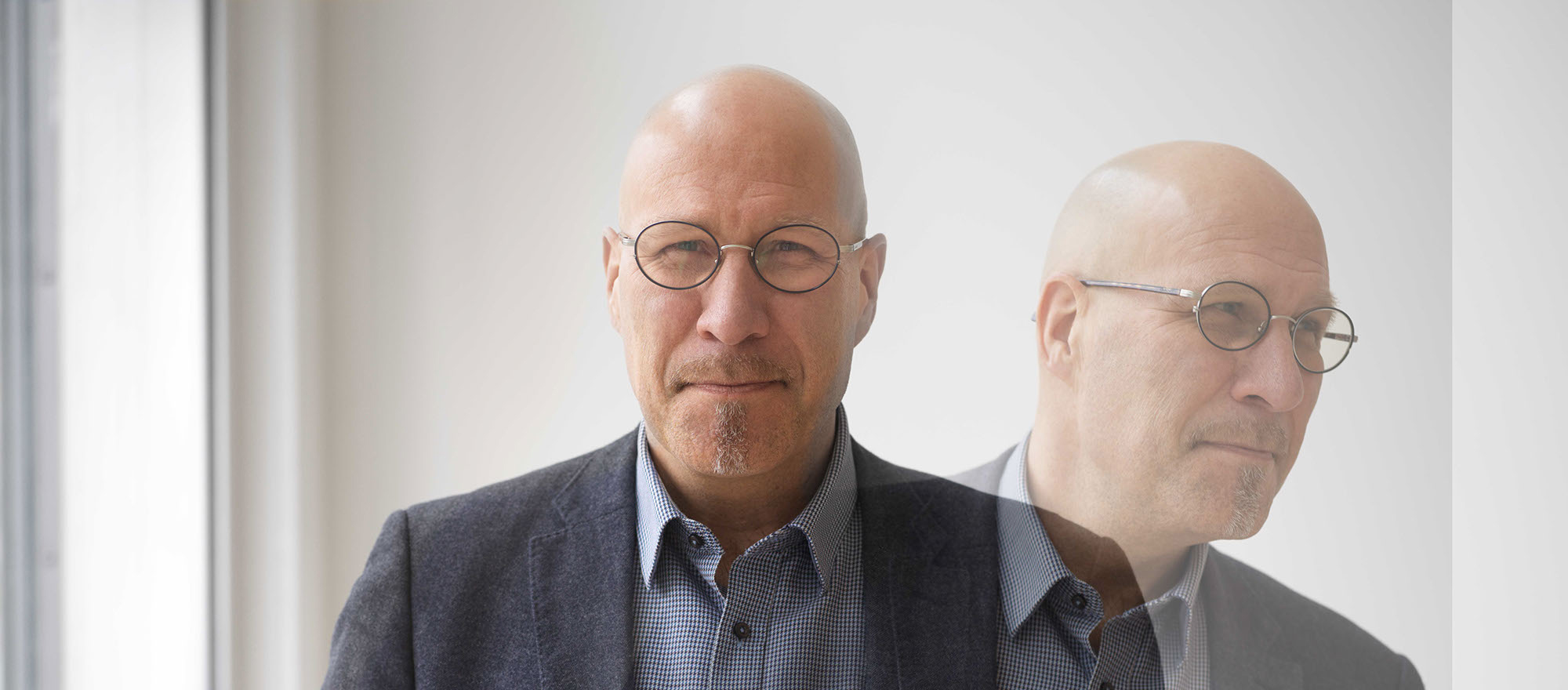Thomas Bull

Thomas Bull - security developer at City of Malmö and former head of the Malmö police's hate crime group.
"We all need to help stop hate crimes"
- When I started working with hate crimes in 2008, it was intended as a side job, but quite quickly I realized that the problem is much bigger than I first understood. It is a societal problem. And the more you stir the pot, the more it comes to the surface.
- One of the problems is that hate crimes are still not taken seriously. On paper, it is often about harassment, insults, or vandalism, but when the crimes happen because of what someone believes in or what they look like, it becomes a much bigger issue. It will be a violation not only against the person but against an entire group and if we, as the authorities, do not understand this, it will only damage trust even more.
- Addressing these issues is a bit like going out into a minefield. As a police officer, I have a safety net around me, but think of all those in society, in all associations and organisations, who are constantly degraded on the internet and have to endure hatred and threats.
- People who are victims of hate crimes are vulnerable in different ways. Often they do not trust the authorities or the police. They are used to not being taken seriously and their vulnerability has been normalized. They are so used to being targeted that they usually do not even report the crime.
- In the Forum for Democracy and Human Rights (Forum för demokrati och mänskliga rättigheter), our elected leaders regularly meet people who have been victims of hate crimes. They are young people talking about the racism they experience at school, as well as parking guards, first responders, teachers, and bus drivers, who have experienced ridicule, comments, and threats due to their ethnicity or skin colour. There are stories about people who refuse to be cared for by a nurse with a head scarf, or suspects who refuse to be questioned by a black police officer.
- Politicians often know what the situation is like, but for many it will still be an “aha!” moment — especially when the young people talk about how they are targeted in school, the place where they really should be most protected. I have worked with these issues for many years and I am experienced, but I was also very taken aback by these stories. It was moving and very valuable.
- Everyone who has been the victim of a hate crime has their own way of dealing with it. They often hear from the perpetrators that it was just for fun, that they did not mean anything. How do you deal with it if you are targeted? Some confront, others bite the bullet and then go to cry in the bathroom.
- Many people see the hate crime issues as very difficult to handle, but they really aren’t. If we can just make the problem visible and start talking about moral courage, asking “What are we all doing to stop this?” And if we have the courage to raise these issues and find forums where we can meet and talk, it’s not that difficult.
Sidan senast uppdaterad: